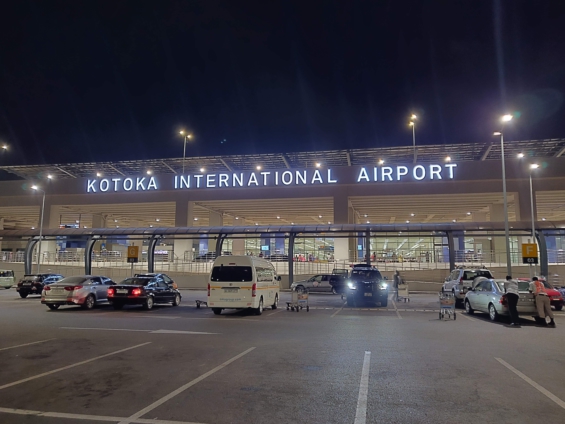CDD Ghana Advocates for Affirmative Action Bill to Address Women's Marginalization
Vera Abena Addo, the Center for Democratic Development (CDD) Ghana's Programs Officer, has emphasized the Affirmative Action Bill's crucial importance in addressing the historical marginalization of women in positions of decision-making.
Over half of Ghana's population is female, and Madam Addo brought attention to the long-standing exclusion of women from important decision-making processes. She underlined that this exclusion threatens democratic values and inclusivity in addition to impeding progress.
READ ALSO: Ghana's Economy Will Be Negatively Impacted If The Anti-LGBTQ Bill Is Passed - CDD Fellow
The Affirmative Action Bill recognizes that women have been marginalized and have not participated in decision-making for a long time. This undercuts problems of inclusion and participation, democracy, and development," she said.
Madam Addo highlighted the implications of the bill go beyond women's issues, citing evidence that shows improved decision-making outcomes when women are actively engaged. She called for a concerted effort to prioritize the inclusion of women in decision-making and leadership roles across political, private, and public spheres.
Highlighting the broader impact of the Affirmative Action Bill, Madam Addo urged the nation to reassess women's participation in politics and decision-making, stressing the importance of achieving more equitable representation of women in various sectors.
"We must recognize that the Affirmative Action Bill is not solely a women's issue but a national imperative that requires collective support. With 51 percent of Ghana's population being women according to the 2021 Census, we need to create platforms and opportunities for young girls to have an equal footing in pursuing leadership positions," she emphasized to host Emefa Apawu.
Background
Following Ghana's independence, the country enacted an Affirmative Action Act in the 1960s, allowing 10 women to represent regions in the legislature, recognizing the importance of women's political participation for democracy and social cohesion.
However, amidst political upheavals, this initiative was lost over the years. Despite Ghana's commitments to global declarations promoting women's participation, the Affirmative Action bill faced setbacks in Parliament since its reintroduction in 2011, failing to progress through basic legislative procedures.
Nearly six decades later, Ghana still falls short of the UN's recommended 30% minimum threshold for women's representation in decision-making at local and national levels. The Bill aims to address gender imbalances in socio-cultural, political, economic, and educational sectors, aligning with the Constitution's provisions.
Despite advocacy from civil society groups, gender advocates, and female parliamentarians, Ghana continues its struggle to pass the Affirmative Action Bill, highlighting the ongoing challenges in achieving equitable representation for women in decision-making processes.





Comments
Post a Comment